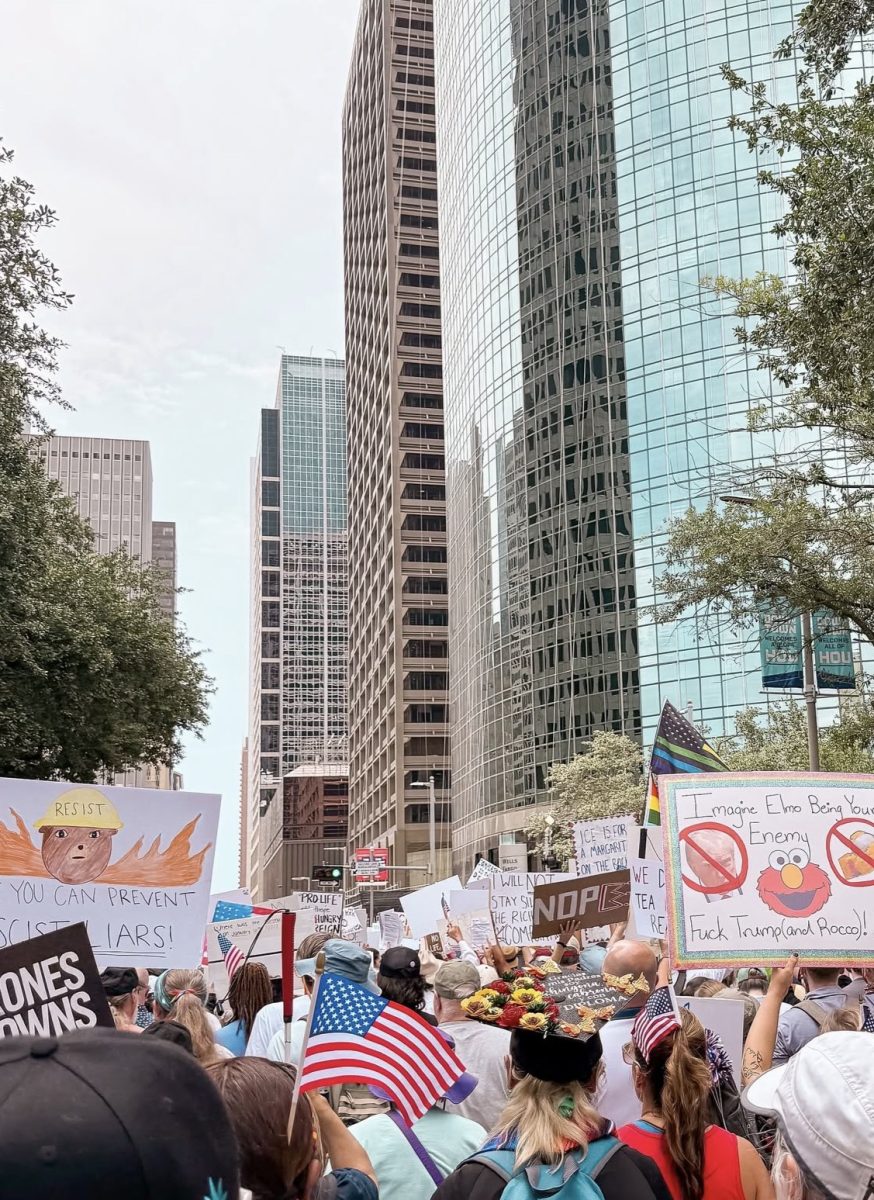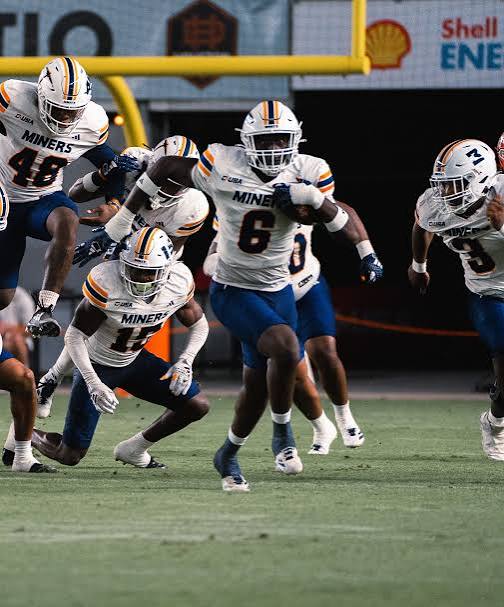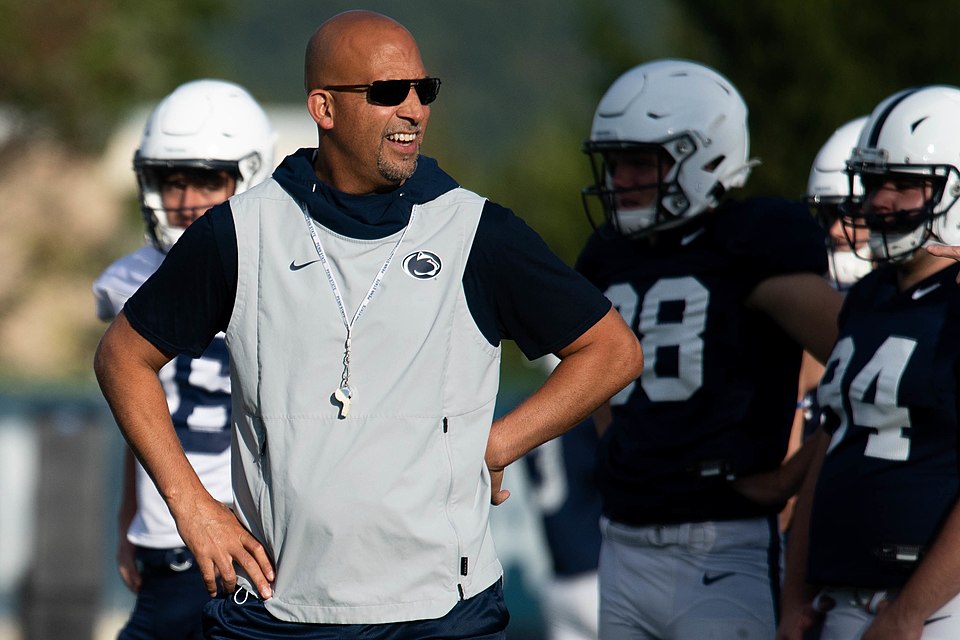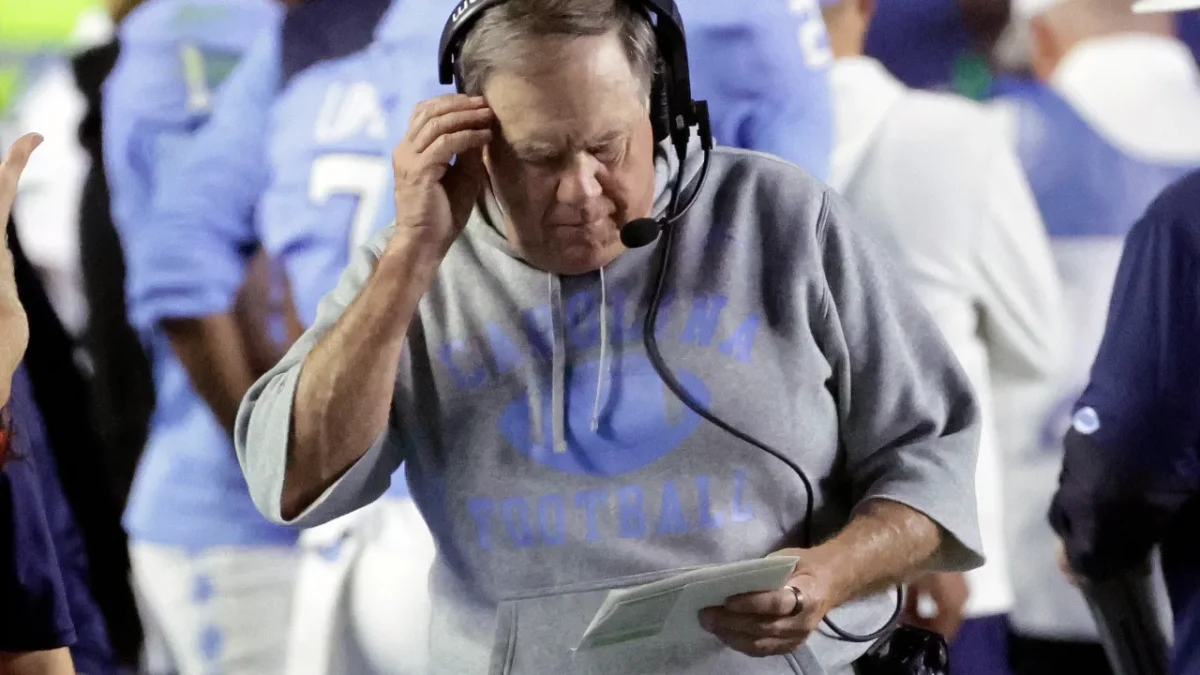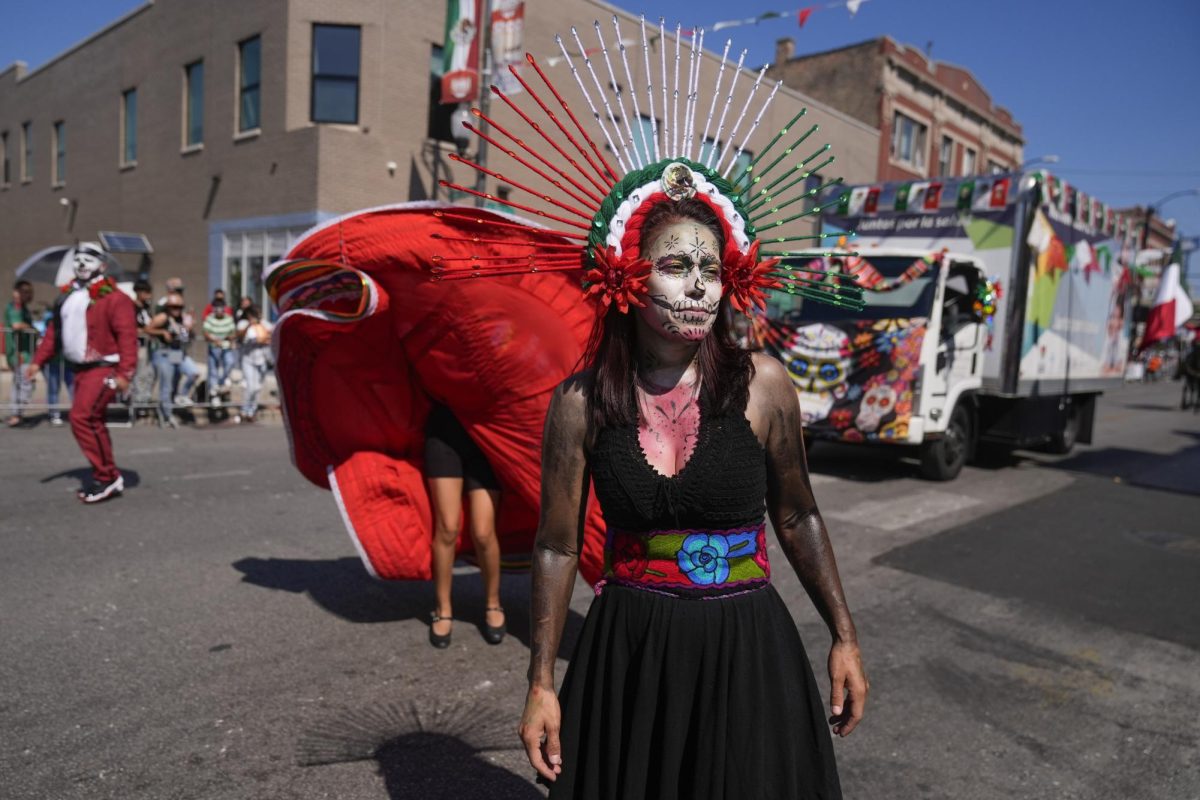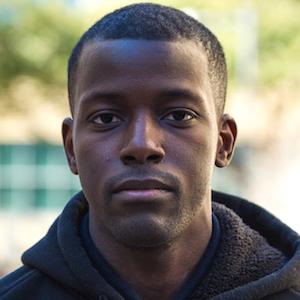Do you know your image rights?
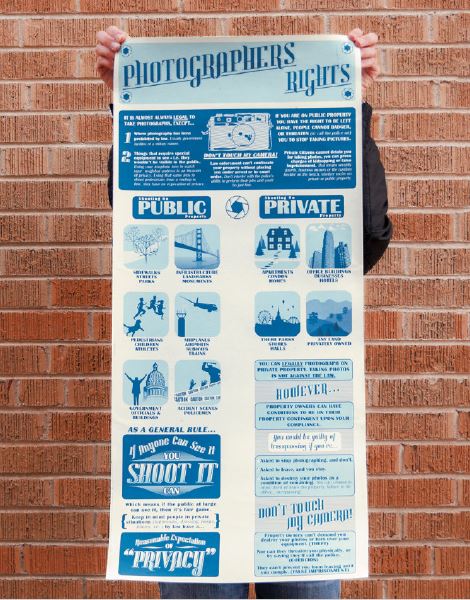
Poster that describes your rights as a photographer in different situations and environments.
February 28, 2016
Ever thought about your First Amendment rights? You might be surprised at just how that photo you’ve taken at a park or other public area has protection from the U.S Constitution.
It may seem remote, but even though the Constitution was written over 250 years ago, the resonance still applies today to our government and our rights as citizens. What does the First Amendment say?
“Congress shall make no law respecting an establishment of religion, or prohibiting the free exercise thereof; or abridging the freedom of speech, or of the press; or the right of the people peaceably to assemble, and to petition the Government for a redress of grievances.”
Photographers’ rights from the First Amendment.
Anyone can take photographs wherever they want in a public place or places where there’s permission. Only a statute or ordinance from the state can stop this right if they deem it necessary.
For example, from a public sidewalk you can take pictures of adults, children, cops and virtually any other subject—their permission is not legally needed.
Property owners can legally prohibit photos being taken on their property, but technically have no right to stop others from photographing their property from other locations. Taking a picture is not an act of terrorism, and a business cannot legitimately assert that taking a photo of something in public view actually infringes on trade secrets.
Other exceptions to this rule include military installations or government buildings that can prohibit photos by virtue of natural security reasons.
Another exception to these guidelines is when anyone has excluded themselves in places where they have a tangible expectation of privacy. This includes dressing rooms, restrooms, medical facilities and inside their own homes.
These are the permissible subjects and instances where it is almost always guaranteed that photographs may be taken freely: accidents, fire scenes, children in public, celebrities, bridges and other city infrastructure, homes and commercial buildings, industrial facilities and public utilities, transportation facilities (e.g. airports), Superfund sites, crime scenes or sites of criminal activity and law enforcement officers.
In the cases where you are harassed by people questioning you, or wanting to stop your rights to photograph, know that law enforcement officers are the only ones who can search and seize your photos, but only if they have a court order or warrant. Other than that, any security guard or company agent, etc., cannot seize your photos unless they have good legal grounds and a court order.
In all states, there are laws that protect against harassment and coercion. A citizen’s arrest can only be made in the presence of crimes committed. Failure to abide by that rule will mean that the person is liable for a tort, namely false imprisonment.
If you are ever confronted for taking photos in a public place, the situation can usually be defused by being courteous and respectful. If the situation cannot be defused, consider calling police. If you are threatened with detention or asked to surrender your camera, get the person’s name and employer, ask what legal basis they have for detaining you and what legal basis they have for confiscation of your camera or film.


